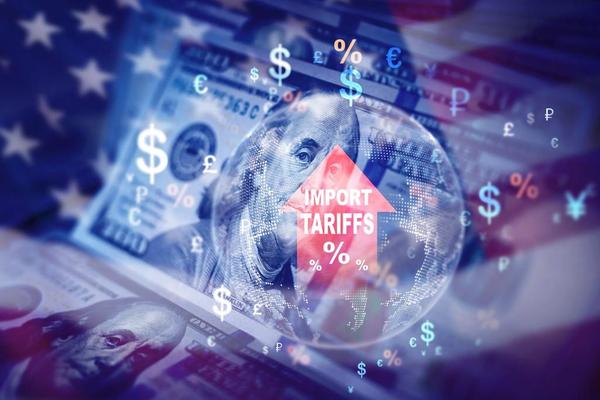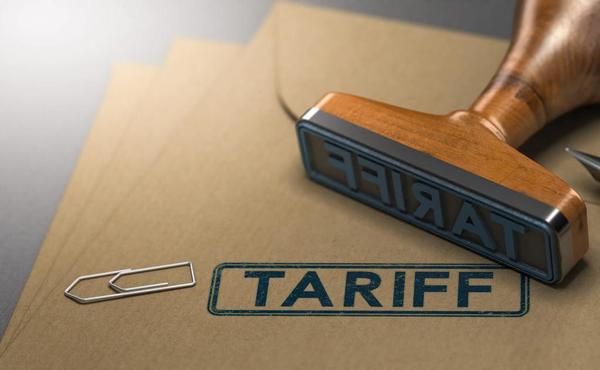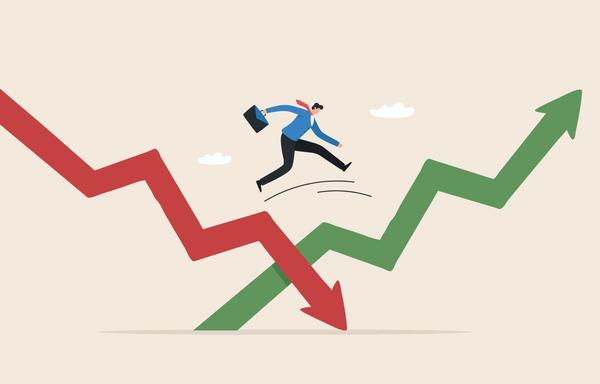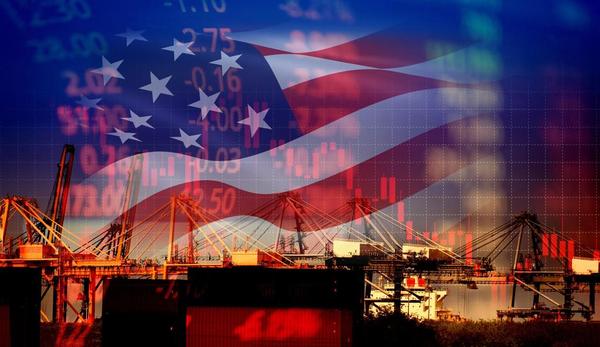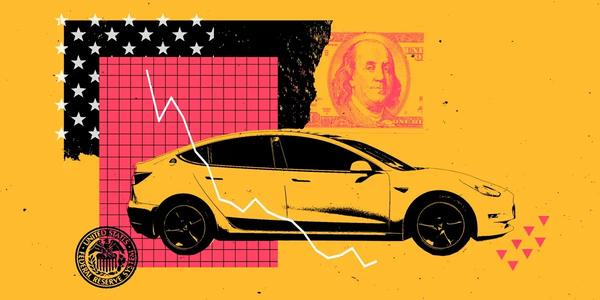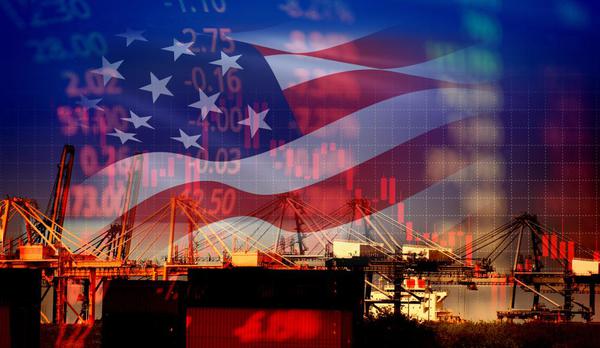

Welcome! My name is Peter Frerichs, and I am a contract writer and non-profit consultant. After a successful career in the non-profit world in the United States and abroad, I launched this consulting business to:
1. Leverage my lessons learned (successes, failures, and everything in between) to help non-profits better deliver on their missions.
2. Further my writing in the areas of domestic and international politics, the economy, markets, culture, and technology. I've got a lot on my mind!
Originally from California, I hold a Master's degree in Public Administration/Public Policy from the University of Southern California, have overseas living and working experience in Latin America, and speak Spanish fluently.
Click on the friendly menu icon (three vertical dash lines) at the top left and have a look around.
You may schedule a free check-in call here.

